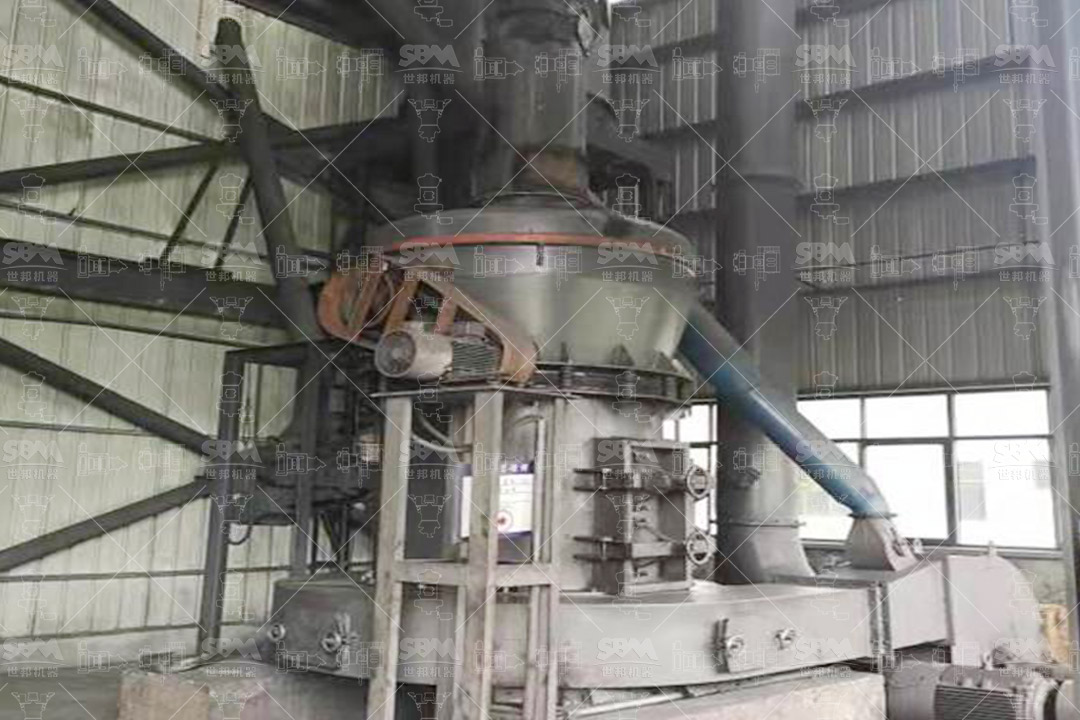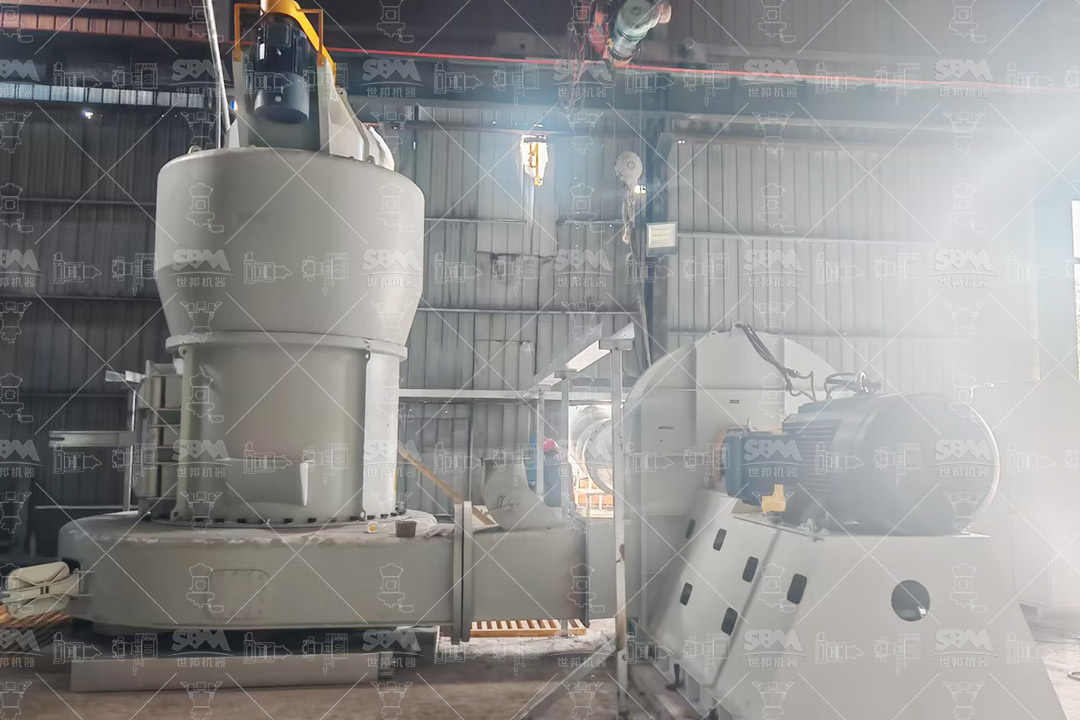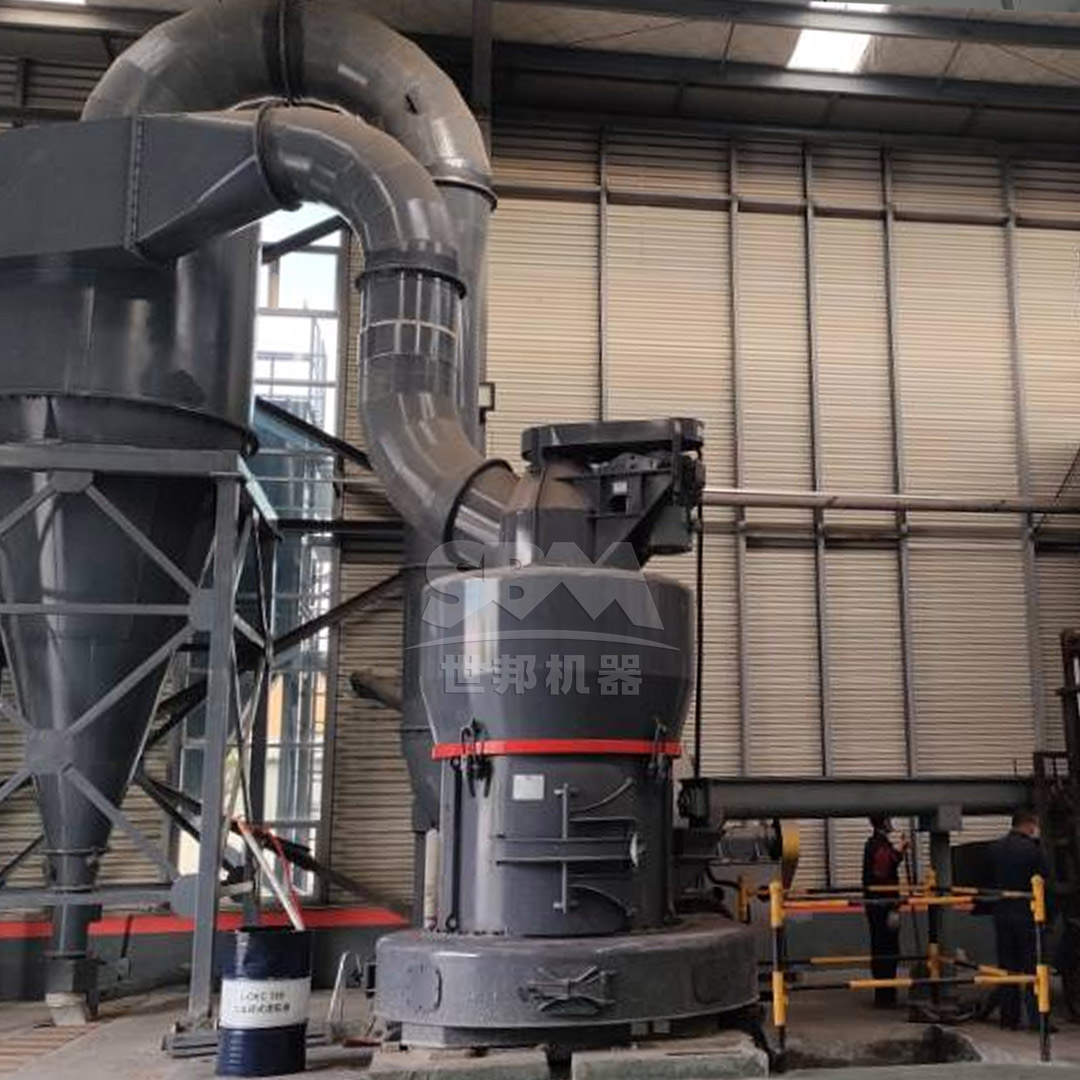Soil stabilization represents one of the most fundamental aspects of civil engineering, ensuring the integrity and longevity of infrastructure projects ranging from highways and railways to building foundations and environmental containment systems. Among the various materials employed for this purpose, bentonite clay stands out for its exceptional swelling capacity, low permeability, and remarkable adsorption properties. These characteristics make it invaluable for creating impermeable barriers, enhancing soil cohesion, and controlling moisture content in construction applications.
The effectiveness of bentonite in soil stabilization is directly influenced by its particle size distribution and purity. Finely ground bentonite exhibits superior performance due to increased surface area, which enhances its swelling capacity and reactivity with soil particles. This is where advanced milling technology becomes crucial—transforming raw bentonite into precisely controlled powder specifications that maximize engineering benefits while optimizing project costs.

Bentonite’s unique properties stem from its mineral composition, primarily consisting of montmorillonite clay minerals. When hydrated, these minerals can absorb water molecules between their structural layers, resulting in significant volume expansion—often increasing by 10 to 15 times their original dry volume. This swelling capacity enables bentonite to effectively seal voids in soil structures, creating impermeable barriers that prevent water infiltration and soil erosion.
In geotechnical applications, bentonite serves multiple functions: as a waterproofing agent in slurry walls, as a sealing component in landfill liners, as a lubricant in tunneling operations, and as a binding agent in soil compaction. The performance in each application depends critically on the fineness and consistency of the bentonite powder, which determines how quickly and completely the material hydrates and disperses throughout the soil matrix.
Processing bentonite presents several technical challenges that must be addressed to achieve the material’s full potential in soil stabilization. Raw bentonite typically contains moisture levels between 25-35%, requiring preliminary drying before milling. The clay’s natural plasticity and tendency to agglomerate further complicate the grinding process, often leading to equipment clogging and inconsistent particle size distribution.
Traditional milling approaches frequently result in overheating, which can degrade bentonite’s swelling properties by partially dehydrating the mineral structure. Additionally, inadequate classification systems fail to remove non-clay impurities or control the upper size limit of particles, both of which diminish the material’s performance in engineering applications. These challenges necessitate specialized milling equipment designed specifically for handling clay minerals with their unique physical characteristics.

Modern bentonite processing has evolved significantly with the development of specialized roller mill technology that addresses the specific challenges of clay mineral grinding. These advanced systems integrate multiple operations—drying, grinding, classification, and collection—into streamlined processes that preserve bentonite’s natural properties while achieving precise particle size control.
Among the most effective solutions for bentonite processing is the MTW Series Trapezium Mill, which combines robust construction with precision engineering to deliver consistent, high-quality bentonite powder ideal for soil stabilization applications. This mill features several technological innovations specifically beneficial for bentonite processing:
| Feature | Benefit for Bentonite Processing |
|---|---|
| Anti-wear Shovel Design | Reduces maintenance costs when processing abrasive clay minerals |
| Curved Air Duct Optimization | Minimizes energy loss and improves material transport efficiency |
| Integrated Bevel Gear Transmission | Provides 98% transmission efficiency with compact installation |
| Wear-Resistant Volute Structure | Enhances air classification with reduced maintenance requirements |
The MTW Series efficiently processes bentonite with input sizes up to 50mm, producing powder in the range of 30-325 mesh (approximately 600-45μm), with throughput capacities from 3 to 45 tons per hour depending on the specific model. This versatility makes it suitable for projects of varying scales, from small residential developments to major infrastructure initiatives.
For projects requiring exceptionally fine bentonite powders—such as advanced nanocomposite soil stabilization or specialized environmental barriers—the SCM Ultrafine Mill offers unparalleled performance. This system produces bentonite powders with fineness ranging from 325 to 2500 mesh (D97 ≤ 5μm), achieving particle sizes that significantly enhance the material’s swelling capacity and reactivity.
The SCM Ultrafine Mill incorporates several advanced features that make it particularly suitable for high-performance bentonite processing:
With models ranging from the SCM800 (0.5-4.5 t/h) to the SCM1680 (5.0-25 t/h), this mill series can be matched to specific project requirements, ensuring optimal efficiency for both small-scale specialized applications and large-volume production needs.
Choosing the appropriate milling equipment for bentonite processing depends on multiple factors, including the required product fineness, production volume, available infrastructure, and project budget. The following comparison highlights the key considerations:
| Parameter | MTW Series Trapezium Mill | SCM Ultrafine Mill |
|---|---|---|
| Output Fineness | 30-325 mesh (600-45μm) | 325-2500 mesh (D97 ≤ 5μm) |
| Processing Capacity | 3-45 t/h | 0.5-25 t/h |
| Optimal Applications | General soil stabilization, slurry walls, landfill liners | High-performance stabilization, nanocomposites, specialized barriers |
| Energy Efficiency | High throughput with moderate energy requirements | Advanced efficiency for ultra-fine grinding applications |
| Project Scale | Medium to large infrastructure projects | Specialized applications and premium products |
A recent major infrastructure project demonstrates the practical benefits of properly processed bentonite in civil engineering applications. The construction of a 12-story commercial building on expansive clay soil required advanced soil stabilization to prevent differential settlement and structural damage. Traditional stabilization methods had proven inadequate during preliminary testing, leading engineers to specify a customized bentonite treatment.
The project utilized bentonite processed through an MTW175G Trapezium Mill, which produced a consistent 200-mesh powder that was mixed with the native soil at a 5% concentration by weight. The results were significant:
The consistent particle size distribution achieved by the milling process ensured uniform dispersion throughout the soil matrix, maximizing the effectiveness of the treatment while minimizing material usage. This case highlights how advanced milling technology directly translates to improved project outcomes and cost savings.

Beyond the technical advantages, proper bentonite milling delivers substantial economic and environmental benefits throughout the project lifecycle. The precision grinding achieved by modern roller mills reduces bentonite consumption by 15-25% compared to conventionally processed material, as the optimized particle size distribution ensures more efficient utilization.
From an environmental perspective, advanced milling systems incorporate comprehensive dust collection and noise reduction features that minimize their ecological footprint. The MTW Series, for example, utilizes international standard pulse dust collectors that capture 99.9% of particulate matter, while noise levels remain below 80dB—critical considerations for projects in urban or environmentally sensitive areas.
Additionally, the energy efficiency of modern mills translates to lower carbon emissions per ton of processed bentonite. The SCM Ultrafine Mill’s 30% reduction in energy consumption compared to conventional jet mills represents a significant sustainability advantage, aligning with the construction industry’s increasing focus on green building practices and reduced environmental impact.
The future of bentonite processing for soil stabilization points toward increasingly integrated and intelligent systems. Emerging technologies include IoT-enabled mills that automatically adjust operating parameters based on raw material characteristics, ensuring consistent product quality despite variations in feedstock. These smart systems can also predict maintenance requirements, minimizing downtime and further optimizing operational costs.
Research is also advancing toward customized bentonite blends specifically formulated for different soil types and environmental conditions. By combining precisely ground bentonite with complementary additives such as polymers, enzymes, or cementitious materials, engineers can create targeted stabilization solutions that address specific geotechnical challenges more effectively than generic approaches.
As civil engineering projects grow in complexity and environmental regulations become more stringent, the role of advanced milling technology in delivering high-performance soil stabilization materials will continue to expand. The ongoing development of more efficient, precise, and adaptable milling systems ensures that the construction industry will have access to increasingly sophisticated bentonite products that enhance both project performance and sustainability.
Bentonite remains an indispensable material in modern civil engineering, offering unique properties that address fundamental challenges in soil stabilization and waterproofing. The effectiveness of this natural clay, however, depends critically on how it is processed—making advanced milling technology not merely a production consideration but a fundamental aspect of project success.
The MTW Series Trapezium Mill and SCM Ultrafine Mill represent the current state of the art in bentonite processing, each offering distinct advantages for different application requirements. By selecting the appropriate milling technology and optimizing operational parameters, engineers and contractors can significantly enhance the performance of bentonite in soil stabilization applications while simultaneously reducing material consumption, project costs, and environmental impact.
As infrastructure demands continue to grow globally, the relationship between advanced material processing and construction excellence becomes increasingly important. Through continued innovation in milling technology and a deeper understanding of bentonite’s behavior in soil systems, the civil engineering industry can look forward to more durable, sustainable, and cost-effective solutions for the foundational challenges of construction.